Easter doesn’t end with the egg-search on Sunday. It goes on for at least another week, and so it should, otherwise, why bother? Here some stuff that has been going through my mind for several years. Now it’s on “paper,” I can let go a bit. Have fun and tell me what you think.
It’s no surprise that the Guardian gatekeepers should have chosen Easter Monday to publish an article about the drip-drip-drip decline of religion in the USA (‘Allergic reaction to US religious right’ fueling decline of religion, experts say, April 5, 2021). The high holidays are a perfect time to draw attention to what one might call a “crisis of faith” brought about by a society that is increasingly secular and unwilling to believe in space-based teapots. To quote Bertrand Russell, who is the progenitor of that wonderful analogy: “If I were to suggest that between the Earth and Mars there is a china teapot revolving about the sun in an elliptical orbit, nobody would be able to disprove my assertion provided I were careful to add that the teapot is too small to be revealed even by our most powerful telescopes.”
The article, however, does not dwell on any deep epistemological issues, like critical rationalism, empiricism, and the like. Rather, it points to the drift in the USA towards Christian nationalism and bigotry in religious communities as the source of the “allergy” to religion amongst younger generations.
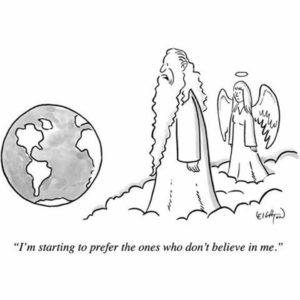
Nor does it really mention the glaring contradictions between the leaders preaching water, but drinking wine, living in million-dollar mansions and flying around in private jets from one gaudy show of some stooge being cured of a fake illness or condition, to a revival filled with shouts and shrieks uttered in incomprehensible tongues.
Above all, their embarrassing support of Trump was a gamble, and a bad one. “They are experiencing their loss of prominence in American culture as an unacceptable attack on their beliefs,” says Alison Gill, vice-president for legal and policy at American Atheists, “and this is driving much of the efforts we are seeing to cling on to power, undermine democracy, and fight for ‘religious freedom’ protections that apply only to them.”
It could be called a form of communal reactance. As evidence mounts that would contradict or certain orthodox beliefs (shibboleths) or traditions, a part of the community will inevitably double down and become fundamentalist, even fanatical. While striving for greater spirituality, they are in fact becoming classically materialist, since every word in the Good Book is to be considered true as written, scholars and interpreters be damned.
A different look
For years, now, Christian leaders of many denominations have blamed the dwindling of their flocks on secular humanists, atheists, drugs, Democrats, Communists, liberals, sex and rock ‘n’ roll, and other phantasms. They have a convenient scapegoat for that, a fellow named Satan, whose origins were brilliantly explored by theologian Elaine Pagels (The Origins of Satan). They rarely examine their own role in the matter. Indeed, any attempts at modernizing the religion are met with a sturdy wall of resistance. Hans Küng, who died on April 6, suggested, among other things, ending celibacy for the priesthood. He was prohibited from teaching! A few years ago, the German Bishops’ Conference also proposed letting women be ordained (please!), and that was ignored. Meanwhile, the church is hemorrhaging cash due to sex scandals involving priests and their superiors.
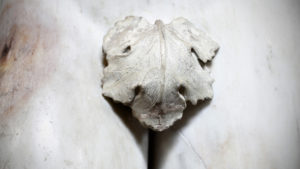
Crises, be they of faith, or in one’s marriage, or when deciding what to wear to a party, are usually a sign that something needs changing. And people with questions about their lives will seek guidance. But one thing is certain, young and old don’t want to be yelled at all the time and threatened with eternal hell. Life is stressful enough as is, what with our daily duty to maintain the economic well-being of the collective. People want their religion to make sense in their daily lives today. Not two thousand years ago. It would therefore behoove churches to adapt their messaging and attitude to The People, if they want to survive, and not try to convince the people to follow their theology. This was concisely expressed in a recent interview in Die Zeit with a young, Catholic, queer theology student, Chiara Battaglia, who suggests that young people are naturally losing interest in the church (Catholic in this case). “We are so varied in how we are designing our lives, we can make up a patchwork of the best from all religions, we are experiencing spirituality without a church.”
Yet, the solution is simple. The first step for the church (and I am speaking for the Catholic church, but not only), would be to embrace the changes in our society and get back its overarching spiritual message, one shared by most religions, rather than cling to some old, orthodox, materialistic concepts that were always rooted in the maintenance of power. Because the spirituality is still homeopathically present, notably in such rituals as Christmas and Easter.
Search for meaning
Besides economic activity, these holidays offer us a moment of respite in a frenetic social environment. Secondly, we tend to need rituals, because they give both the physical and metaphysical structure to our lives, be that daily, weekly, or annually.
All the better if the ritual in question has a deeper meaning. Like Easter. It comes at after forty days of fasting, for forty days plus six Sundays at the end of winter and beginning of spring. This was a smart idea at one time, since food reserves in our climes could otherwise run out. In our day and age, in the West, our worries are often too much (rather than too little) consumption of unhealthy stuff, be it nicotine or other drugs. But it can also be other bad habits, like doomscrolling, the constant ingestion of divisive, polarizing, and strictly absurd content from the Internet. Even cat videos.

And so we want change. The idea of making a conscious, daily effort to enact that change is encouraged and sustained by fasting and by having a mentor. The ideal mentor during Lent is none other than Jesus Christ who went into the desert after being baptized (he saw the light) by John. There, he was surrounded by wild beasts and thrice got tempted by the Devil himself.
Another narrative
The Christian calendar ends this period with the holy week, which, according to Arnold Bittlinger, a theologian and Jungian psychologist (Das Geheimnis der Christlichen Feste) leans heavily on the Roman celebration of weekdays, not a bad idea when trying to graft one theology onto another. It begins with Palm Sunday and the triumphant entry into Jerusalem of the “Conscious I,” the visible world with all its hidden phoniness. It is followed by Holy Monday (lundi -> luna -> moon), in which the unconscious is at work to reveal the truth known to the soul: Jesus withers the fig tree, whose leaves were always used to hide sinful stuff (Genesis 3,7). He also clears the temple of the money changers to restore its spiritual value. In other words, that what the fasting churned up can now be uncovered, and it will inevitably force a conflict, which comes the following day. On Tuesday, the day of Mars for the Romans (Mars, god of visible conflict), Jesus “locks horns with his opponents,” writes Bittlinger. “He destroys his relationship with all representatives of the Jewish people and religion … he delivers a violent end-of-times speech.”
Profound change can mean putting paid to all those who were part of your entourage, to old habits. It must be done with some “violence,” meaning: it must be spoken. The two aspects of Mercury, generosity and pettiness/dishonesty, are observed on Wednesday (mercredi), when the apostles – spurred by Judas – complain about the precious spikenard ointment poured on Jesus’ head. On the day of Jupiter, the god of abundance, Thursday, Jesus gets together with his apostles, and on Friday, we have the day of Venus, goddess of love and, Bittlinger points out, of the cycle of death and rebirth, for she is the evening star when the moon is waxing, and as the morning star when the moon is waning. Death is the essence of change, and while we are in a process, we will feel lonely (“My God, my God, why have you forsaken me”). And at some point, you will have to let go and simply trust: “Into your hands I commit my spirit!”
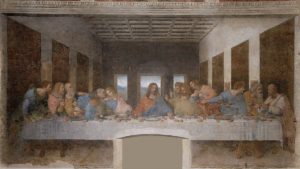
Finally, we have the day of Saturn, the “Guardian of the Threshold,” the symbol of limitations and constraints, real and in our minds, or conscious and unconscious, such as a cave, where Jesus is placed after death. Saturn, the Roman version of Kronos, also represents hard, persistent work that will bring just rewards. Namely a new beginning, resurrection.
Most of us can relate to this process, even to some of its joys and tribulations. We want change, yet we fear it. The stories told of Jesus can help us objectify the process and make it more understandable. The cycle of life and death, or of creation and transformation, is explained by creating a grand story around it (Brahman, Vishnu, Shiva). It is true in the macro as well as in the micro.
Of course, one could be ultra-scientific about change and set forth the minutiae of molecular structures, the sparking neurons, the flapping dendrites and fascinating quantum leaps in our brains. But at times, a good yarn manages to paint a bigger picture in a more exciting manner, and in a way that everyone can understand more viscerally.
Something to think about
One more point needs elucidating. As in a dream, all the figures are in atomized parts of a single figure. Jesus, an androgynous figure, is the “higher self,” the one who knows the roadmap to the future, while his apostles do not. They are living and working in the three-dimensional world, but they must learn to trust their “crazy friend.” So what is Judas doing there, and why did Jesus love him in particular, knowing he would betray him? Because often
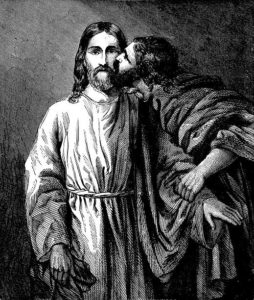
the changes in our lives, be they experienced as positive or negative, are actually brought about by an action we took, or did not take. Without Judas, Jesus would have remained just another soap-box hero. With Judas, he finds his greater calling, his divine self, his peace of mind.
And by the way…. Remember the three temptations of Christ in the desert…. That devil is a part of us. We make the choices. At least most of them.
Aftermath
Holy week and resurrection are not the end of the story. Easter week follows and has Jesus wandering around a bit and testing his new enlightened self. How natural! Isn’t that what we all do, when we have managed to transform something in our lives, when we have come through the crisis? A victory lap to test our new self?
Hanging on to tradition for dear life, i.e., fundamentalism, is a natural response to some change, but perhaps not the right one. The fire and brimstone and the endless harping on about sex, sexuality and snakes and the devil simply does not make much sense anymore in the age of advanced medicine, condoms, psychology, freedom of speech, books, the Internet’s freewheeling culture of criticism. Maybe it’s time to make religion a personal story again. Self-development has become a veritable industry that taps into many different health-related fields. If it has such success, it’s because in a disjointed, hectic world, with its myriad distractions and bullshit jobs, there’s a clear need to “find oneself.” It would be a shame to waste such terrific stories like that of Easter by pretending they are based on some real, three-dimensional, historic reality for which there is very little evidence, if any at all. These stories are universal, they are instructive, they are exciting, and they often explain and encourage our inner processes and help us become better humans.
God (or my higher power), grant me the serenity to accept the things I cannot change,
courage to change the things I can,
and wisdom to know the difference
R. Neihbuhr.
[sibwp_form id=1]
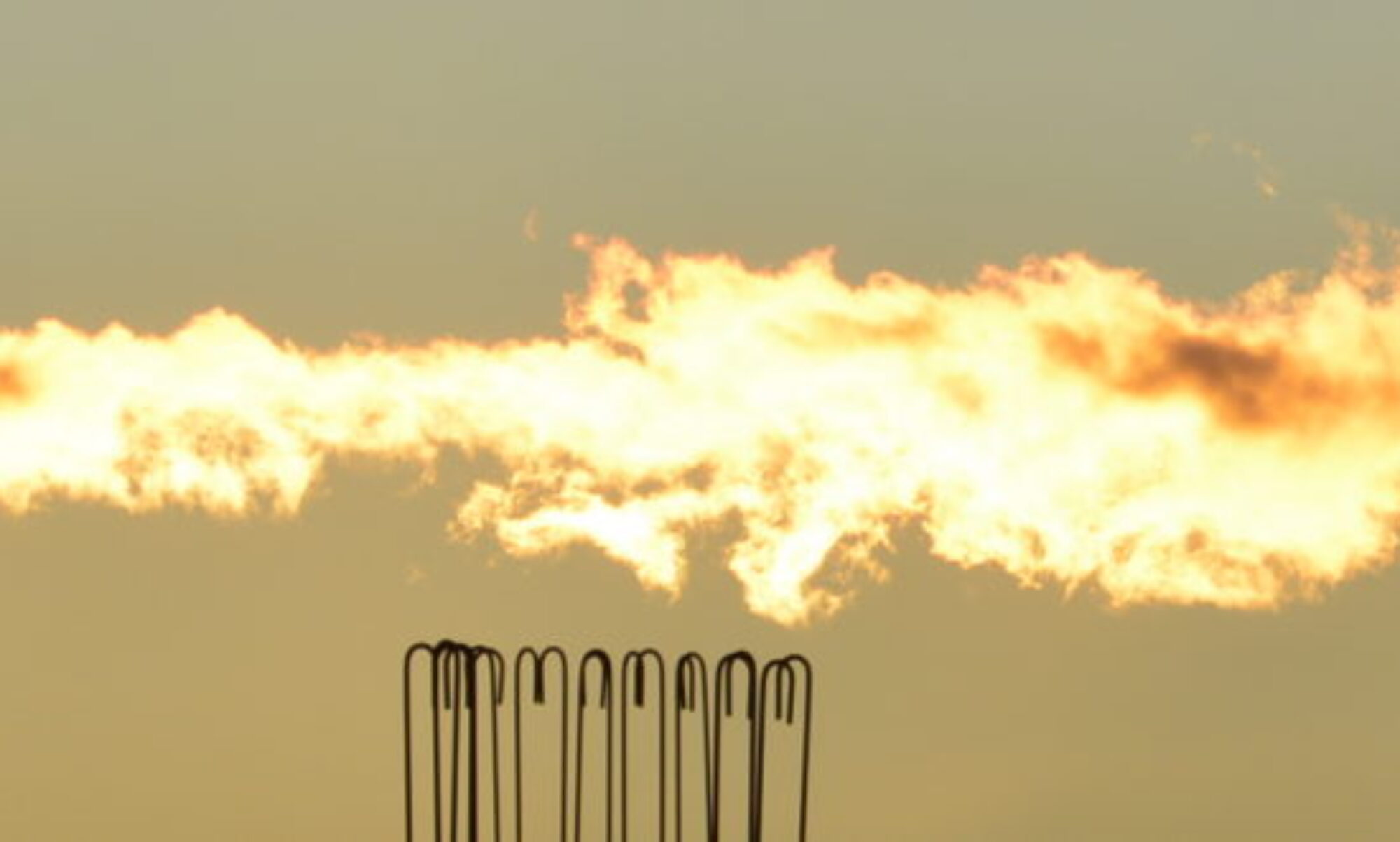

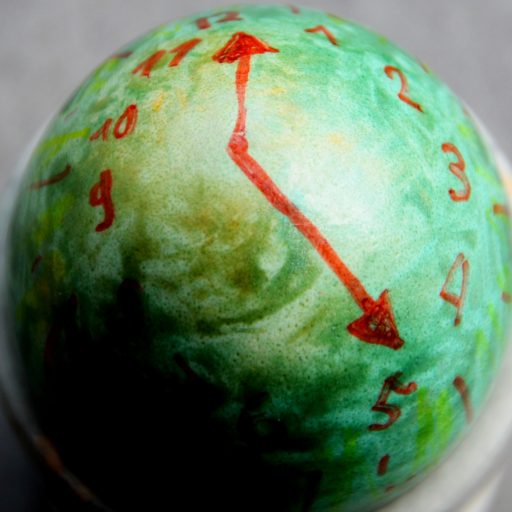


This is a lovely piece, it put words to a lot of the same things I have been contemplating this Easter season. I like this philosophical side of your work. Peace to you my friend.
Thank you Grace! I do think that the one lesson to learn is: You can change yourself, it’s not easy, but a lot easier than trying to change others. And having some IFUs is always handy!